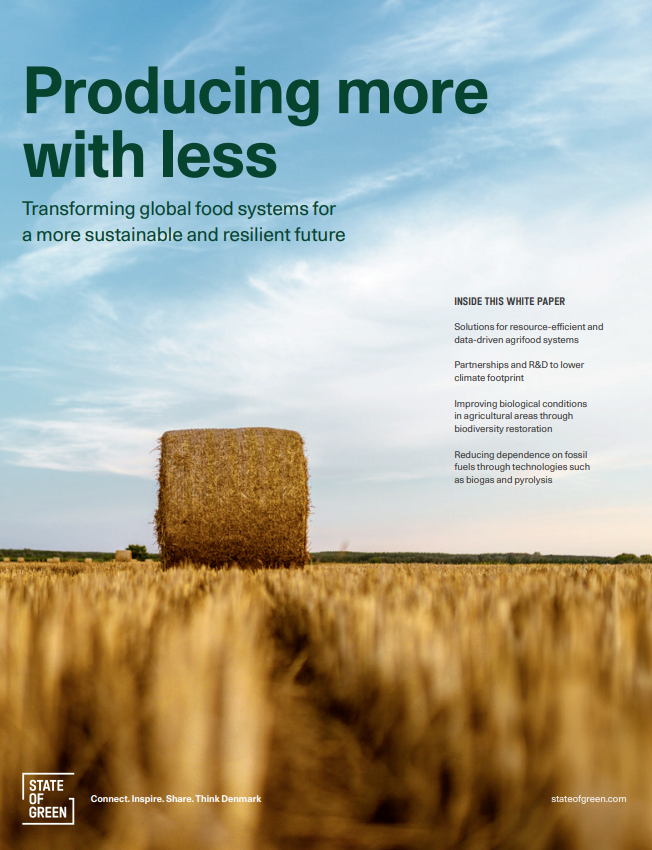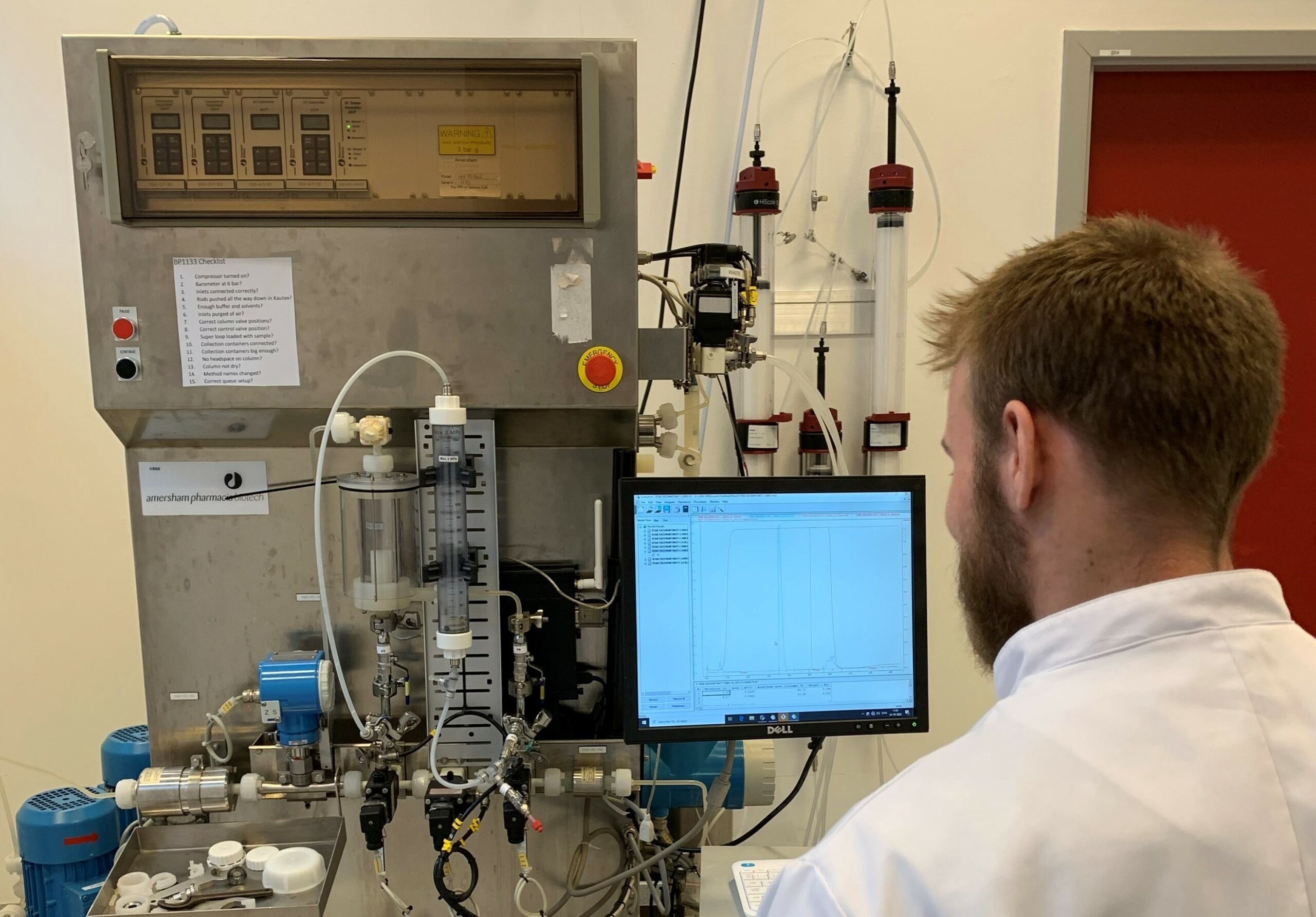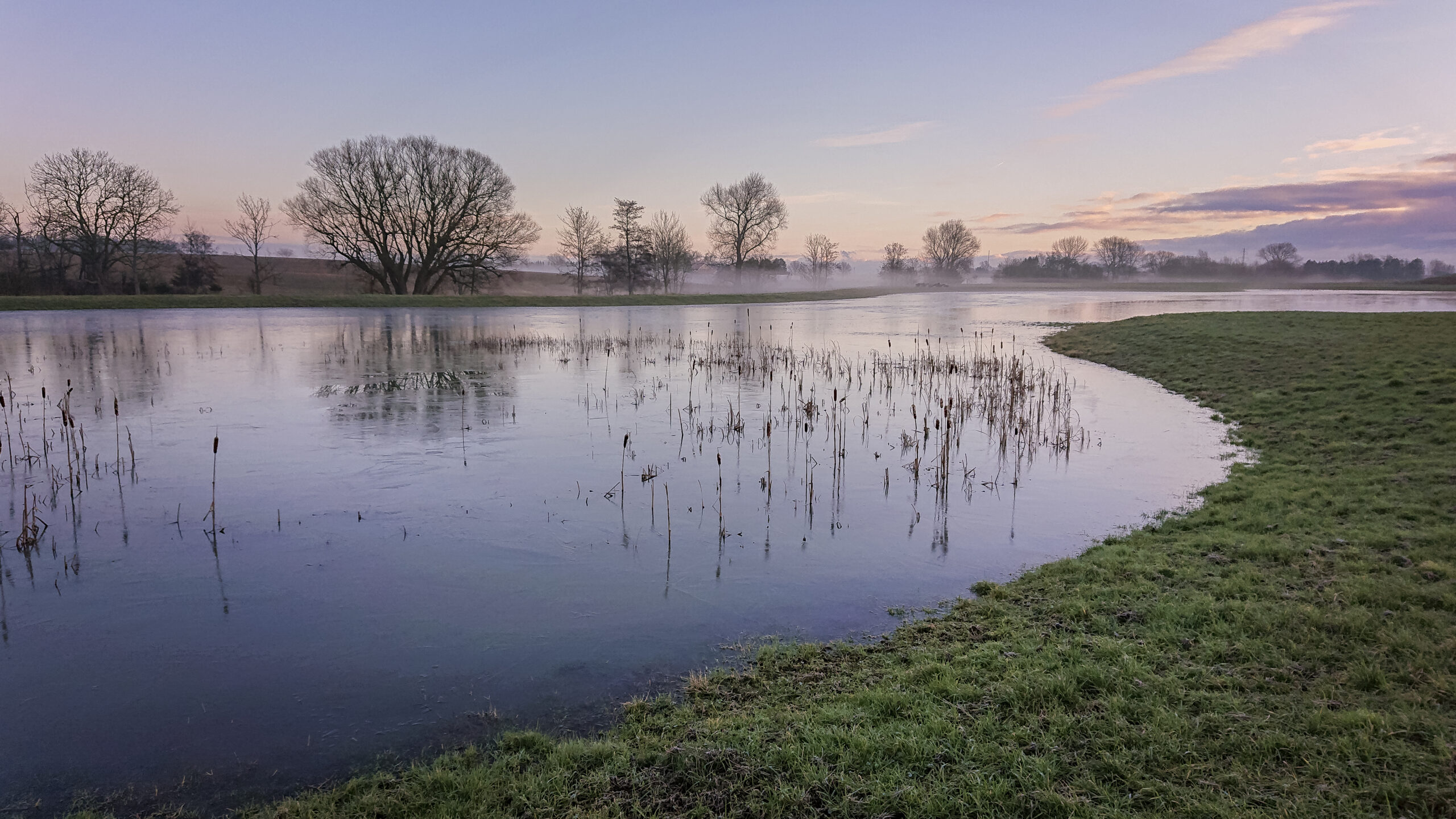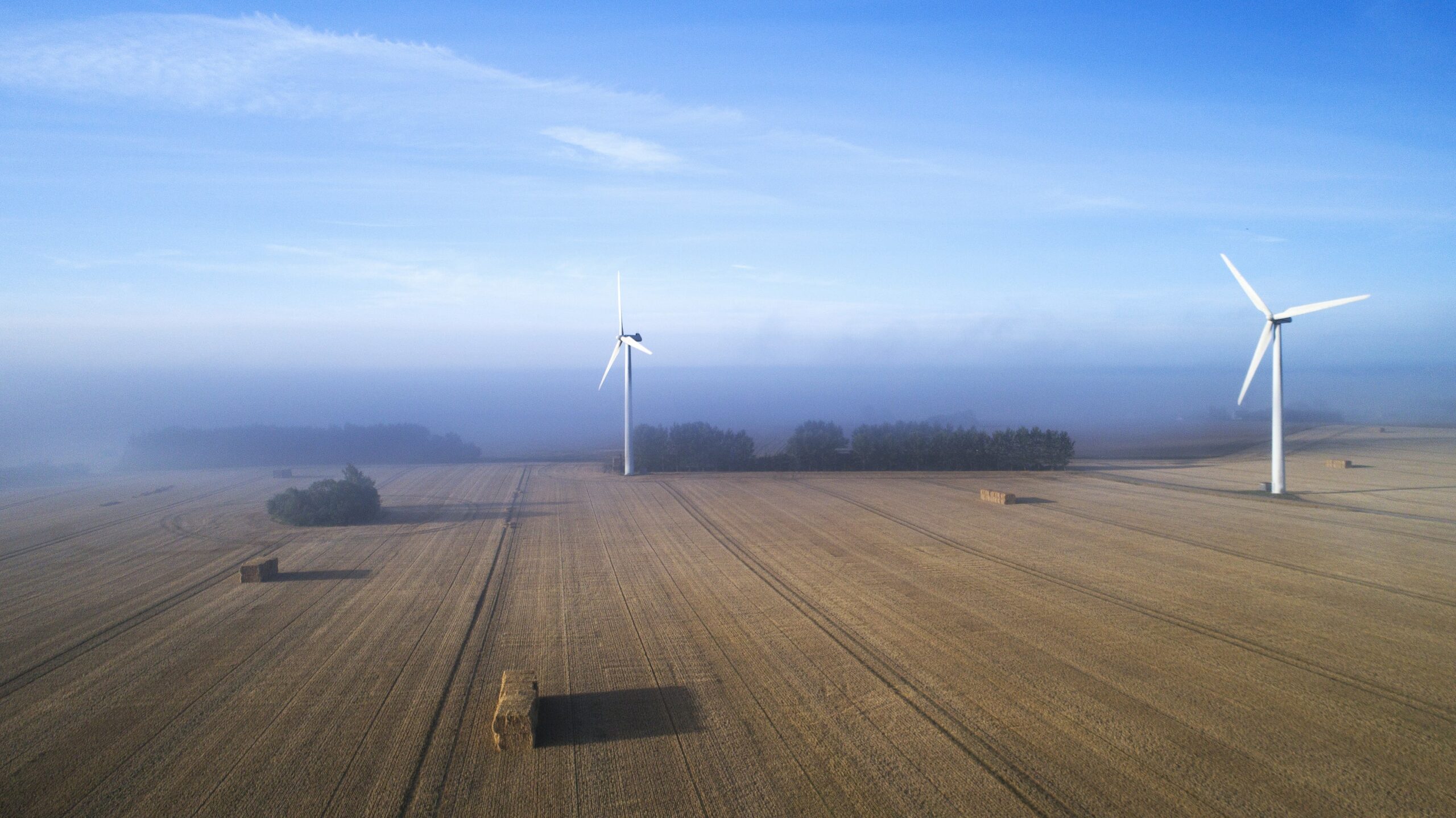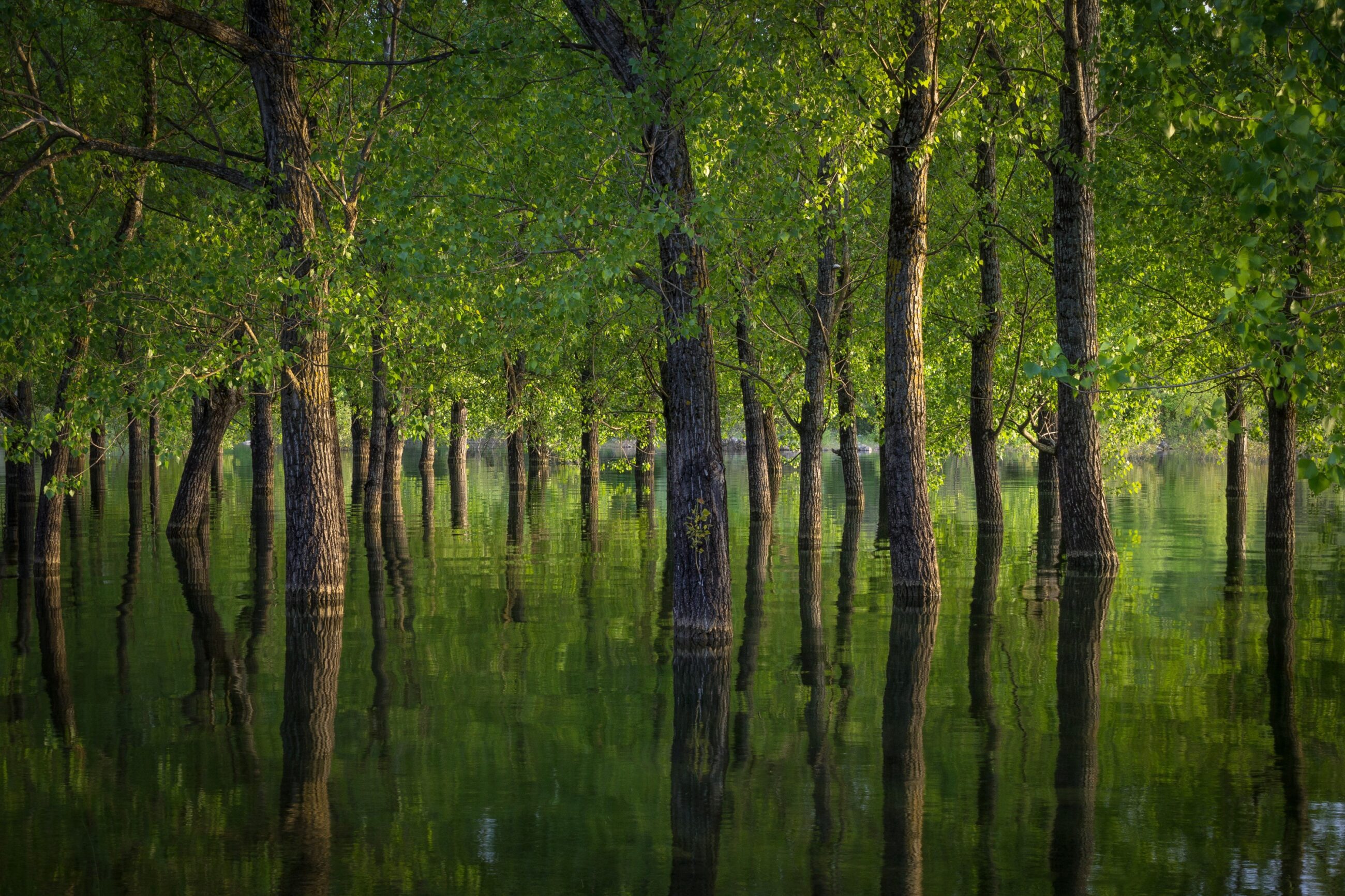News
Resource efficient production
New Danish Aquaculture Strategy


27 February 2014
The Danish Ministry of the Environment and the Ministry of Food, Agriculture and Fisheries unveil the main points in a new aquaculture strategy to ensure sustainable development of the Danish aquaculture sector towards 2020.
Denmark has proved that we are able to increase production of fish while at the same time reducing the environmental impact. It is a success that must be shared both in Denmark and on export markets. We can deliver the goods to a growing middle class that demands more fish without affecting the environment, says Minister of the Environment Kirsten Brosbøl.
State-of-the-art recirculation aquaculture systems
Today, half of production takes place in modern aquaculture facilities, which means that Danish fish farming belongs to the most efficient and sustainable in the world. Globally, Denmark holds a leading position within technology for fish farming in recirculation plants as well as feed and feed ingredients.
Advanced recirculated aquaculture systems are one of the most promising methods for fish farming as water consumption and medication are reduced to a minimum, while the feed conversion ratio optimal and environmental impact are reduced to almost zero:
“The investment required for recirculated aquaculture systems, and the operating costs involved, are normally outweighed by the benefits of reduced needs for land, manpower, water and medication . Furthermore, production can be planned in detail, which is usually a major selling point for customers at the next levels of the supply chain”, says Bjarne Hald Olsen, CEO Billund Aquaculture.
Modern recirculation aquaculture systems often become attractive investments when plant owners and investors are faced with constraints to reduce the consumption and emission of water from the farm. Looking back 25 years, aquaculture expansion with traditional flow through systems stopped in Denmark due to very stringent environmental legislation. In that same period, Danish companies and research institutions developed the concept of the recirculation system.
During the past 10 years there has been a significant reduction in the environmental impact caused by production. Calculated against 1 ton fish, the carbon emissions from fresh water fish farms has decreased by 30%. The Danish aquaculture strategy sets a target for continued reduction of emissions. By 2020, carbon emissions from the Danish aquaculture sector must be reduced by 25% per ton of fish.
Related news: Sustianable Salmon Breeding - On Land
Source: The Danish Ministry of the Envionment / White Paper: Industrial Water - Aquaculture
For more news, visit our Newsroom
You should consider reading
Resource efficient production
publications
Resource efficient production
+15
Producing more with less
29 November 2023Transforming global food systems for a more sustainable and resilient future.
